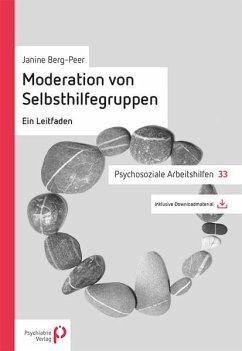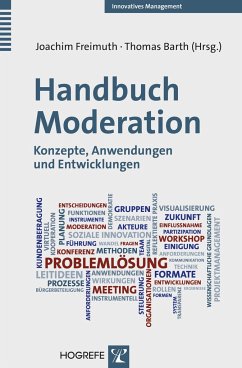
When Good Intentions Are not Enough
Moderators of the Implementation Intention Effect
Versandkostenfrei!
Versandfertig in 6-10 Tagen
39,99 €
inkl. MwSt.

PAYBACK Punkte
20 °P sammeln!
Furnishing ones goals with implementation intentions(i.e. 'If I encounter situation X, then I'll performbehavior Y') has been shown to be an effective self-regulatory strategy to improve goal-achievement.Recent research has suggested that the beneficialeffect of implementation intentions on goal-successcan be moderated by situational and individualfactors. However, the results of this research werenot fully conclusive.The studies presented in this work are intended tofurther investigate the moderation of theimplementation intention effect by exploring threedifferent factors, which are assumed ...
Furnishing ones goals with implementation intentions(i.e. 'If I encounter situation X, then I'll performbehavior Y') has been shown to be an effective self-regulatory strategy to improve goal-achievement.Recent research has suggested that the beneficialeffect of implementation intentions on goal-successcan be moderated by situational and individualfactors. However, the results of this research werenot fully conclusive.The studies presented in this work are intended tofurther investigate the moderation of theimplementation intention effect by exploring threedifferent factors, which are assumed to impair theefficiency of the if-then-plans.Two of the three factors were indeed found tomoderate the effect of implementation intentions ongoal-achievement. The third study failed to show theexpected result due to methodolgical issues. Theimportance of these findings for laboratory andfield studies using implementation intentions isdiscussed and implications for future research arepresented.












